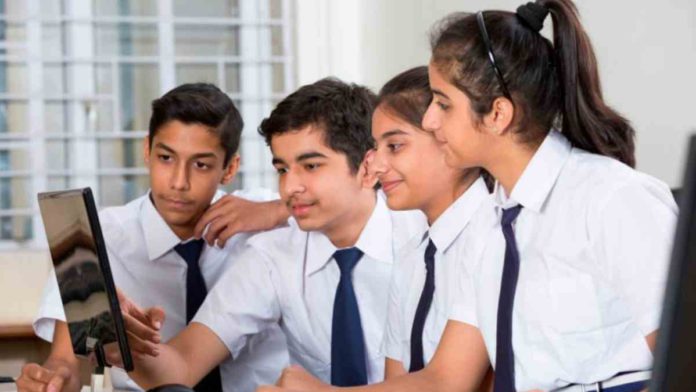In order to ensure a human-centered approach towards employing generative AI in education, UNESCO has urged governments to enact suitable regulations and teacher training as students return to school following the summer break in some parts of the world.
To address the disruptions brought on by generative AI technologies, UNESCO produced the first-ever global Guidance on Generative AI in Education and Research.
The recommendations include seven crucial actions that governments must take in order to control generative AI and provide legal frameworks for its moral application in research and education, including the adoption of international, regional, or national privacy and data protection norms.
Read More: UK to Invest £100m in AI Chips Production Amid Global Competition
For the use of AI tools in the classroom, students must be at least 13 years old, and UNESCO also demands that teachers receive training. On September 7, 2023, during UNESCO’s Digital Learning Week, the guidelines were made public at the organization’s headquarters.
A UNESCO report quotes Audrey Azoulay, director-general of UNESCO, as saying that while generative AI presents enormous potential for human advancement, it can also lead to harm and prejudice. Without public support and the required government safeguards and restrictions, it cannot be incorporated into education. She thinks that this guidance will help educators and policymakers navigate AI’s potential for the benefit of students.
Yoshua Bengio, a professor in the Department of Computer Science and Operations Research at the University of Montreal; Stuart Russel, a professor of computer science at the University of California, Berkeley; and Yann LeCun, vice president and chief AI scientist at Meta, were among the many key speakers.


